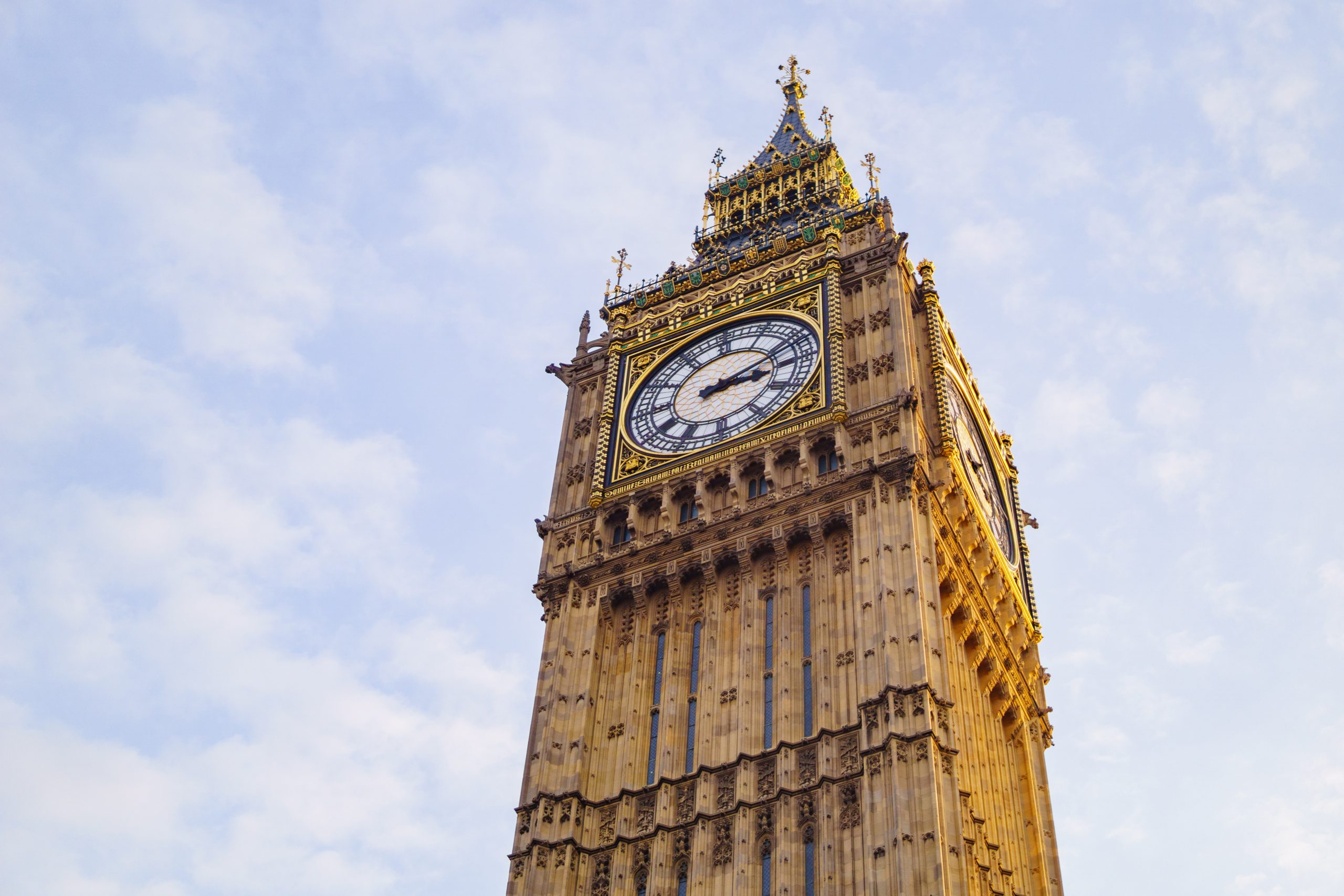
“Next week voters face their starkest choice yet, between Boris Johnson, whose Tories promise a hard Brexit, and Jeremy Corbyn, whose Labour Party plans to “rewrite the rules of the economy”. Mr Johnson runs the most unpopular new government on record; Mr Corbyn is the most unpopular leader of the opposition. On Friday the 13th, unlucky Britons will wake to find one of these horrors in charge.” – The Economist
The result of the election, for better or worse, is inevitably going to have an impact on the potential fortunes of your startup. We’ve done some investigating into the manifestos of the three main parties topping the polls – Conservative, Labour, and Liberal Democrats, to shed light on what their policies might mean for your business. This article touches on just a few of the policies and their potential impacts. We do not intend to offer a value judgement of any form, instead, we hope to provide a high-level overview of policy changes.

The Conservative Party
The mantra ‘get Brexit done’ dominates the Conservative manifesto, with few radical policy changes that could negatively impact small businesses, other than the economic impacts of Brexit itself. They hope to leave the EU in January and continue negotiating a trade agreement with other countries throughout 2020; experts predict that to leave without a deal would make average incomes 8% lower than they would otherwise have been after ten years.
Embedded within the manifesto are some modest policy changes that could benefit startups; they have promised not to raise income tax and VAT, cancelling “plans to lower Corporation Tax, keeping it at 19 per cent,” with the hope to “redesign the tax system so that it boosts growth, wages and investment”. They also pledge to clamp down on late payments and “support start-ups and small businesses via government procurement, and commit to paying them on time” in an effort to “support small businesses that are exploited by their larger partners.”
Additionally, they plan to “expand start-up loans, which have particularly high take-up from women and BAME entrepreneurs”. So far, the British Business Bank has supported “90,000 smaller businesses with over £7 billion in investment or loans, and will continue to grow.” They have also announced a £3bn National Skills Fund, which will provide “funding for individuals and SMEs for high-quality education and training”.
The Labour Party
Labour, if elected, hope to negotiate a new Brexit deal within 3 months, prioritising protecting workers rights, a UK Customs Union and an alignment with the single market – then putting the deal to a second referendum.
Nationalisation prevails in their manifesto, requiring increased taxes on businesses and individuals. Corporation tax would be increased from 19% to 21% by April 2020, with further rises taking it to 26% by 2023. For small businesses – which Labour have defined as those with a turnover below £300,000 – “the current 19% corporation tax rate would be retained initially, rising to 21% by 2023”. These actions could taint the current attractive corporation tax rate in the UK, which helps promote foreign investment.
Additionally, they plan to “rapidly introduce a Real Living Wage of at least £10 per hour for all workers aged 16 or over” using “public finances to help small businesses manage the extra cost”. They plan to give individuals working regular hours for more than 12 weeks, the right to a regular contract, as opposed to zero-hours. Further, they plan to get rid of entrepreneurs’ relief – the charging of capital gains tax at 10% on up to £10m raised from selling a business, in an attempt to reform what they believe is currently “an inefficient system of tax relief”. The manifesto also mentions setting up a Business Development Agency, which would offer “free support and advice on how to launch, manage and grow a business”.
The Liberal Democrat Party
The ‘middle way’ appears to characterise the Liberal Democrat manifesto, relative to the increasing divergence of the Labour and Conservative positions, offering a centre-left stance on free market capitalism, With regards to Brexit, the push to stop it in its tracks by revoking Article 50 is clear, in favour of open markets and a liberal society.
The Liberal Democrat manifesto offers an apparent end the Brexit saga and unreformed taxation policies. This would not only see an end to Brexit anxiety, but means that small businesses would also be able to operate under the same terms as they are used to. Liberal Democrats want to take Corporation Tax to 20 per cent “and keep the rate stable with a predictable future path.”
Vince Cable, Jo Swinson’s predecessor, is a firm advocate of the startup scene, just days before the election, he is giving talks on topics such as ‘The State of Entrepreneurship in the UK’. His party introduced the Department of Business, Innovation and Skills, and the Growth Accelerator, a 4-year programme helping rapidly expanding SMEs. Further to this, R&D programmes, support for flexible IP rules, and regional creative enterprise zones demonstrate the party’s alignment with the needs of small businesses.
The Lib Dems wish to broaden the role of the British Business Bank, by introducing a ‘start-up allowance’, to encourage entrepreneurship by helping with living costs during the formative period of businesses. Additionally, they hope to “support investment in new UK digital start-ups by reforming the British Business Bank’s support for venture capital funds to enable it to help funds ‘crowd in’ new backers rather than acting as a funder of last resort.” From a training and development perspective, they are proposing “a new Skills Wallet for every adult, giving people £10,000 to spend on approved education and training courses”.

These policies demonstrate that innovation and business entrepreneurship remain a priority. Yet the uncertainty brought about by Brexit and its subsequent effects on business arguably tarnish the potential contribution of such policies, making the advantages seem merely compensatory in comparison to the damage already caused. It is also worth remembering that manifesto claims are not always substantiated, as the Institute of Fiscal Studies’ General Election Manifesto Analysis shows. It makes for some interesting reading as we wait to see the outcome of Thursday’s election.
